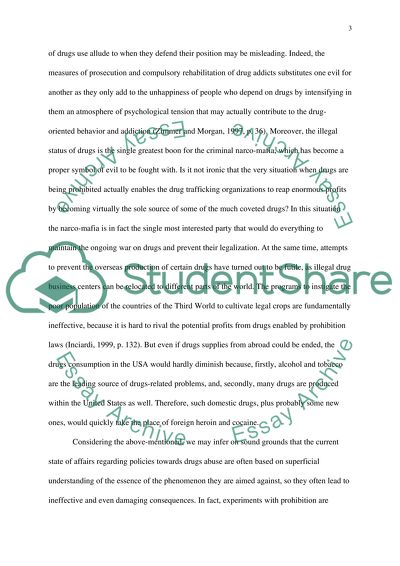Cite this document
(“What Is Omitted in the Controversy Surrounding the Issue of Drugs Lega Essay”, n.d.)
What Is Omitted in the Controversy Surrounding the Issue of Drugs Lega Essay. Retrieved from https://studentshare.org/social-science/1536062-write-an-essay-on-a-controversial-issue-learn-more-about-the-issue-and-take-a-position-on-it-present-the-issue-to-readers-and-develop-an-argument-for-the-p
What Is Omitted in the Controversy Surrounding the Issue of Drugs Lega Essay. Retrieved from https://studentshare.org/social-science/1536062-write-an-essay-on-a-controversial-issue-learn-more-about-the-issue-and-take-a-position-on-it-present-the-issue-to-readers-and-develop-an-argument-for-the-p
(What Is Omitted in the Controversy Surrounding the Issue of Drugs Lega Essay)
What Is Omitted in the Controversy Surrounding the Issue of Drugs Lega Essay. https://studentshare.org/social-science/1536062-write-an-essay-on-a-controversial-issue-learn-more-about-the-issue-and-take-a-position-on-it-present-the-issue-to-readers-and-develop-an-argument-for-the-p.
What Is Omitted in the Controversy Surrounding the Issue of Drugs Lega Essay. https://studentshare.org/social-science/1536062-write-an-essay-on-a-controversial-issue-learn-more-about-the-issue-and-take-a-position-on-it-present-the-issue-to-readers-and-develop-an-argument-for-the-p.
“What Is Omitted in the Controversy Surrounding the Issue of Drugs Lega Essay”, n.d. https://studentshare.org/social-science/1536062-write-an-essay-on-a-controversial-issue-learn-more-about-the-issue-and-take-a-position-on-it-present-the-issue-to-readers-and-develop-an-argument-for-the-p.


